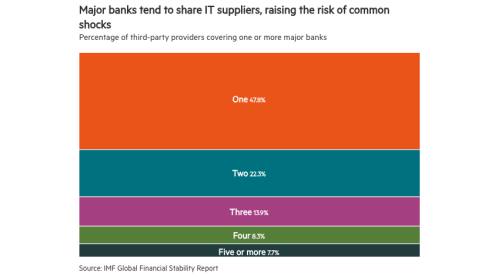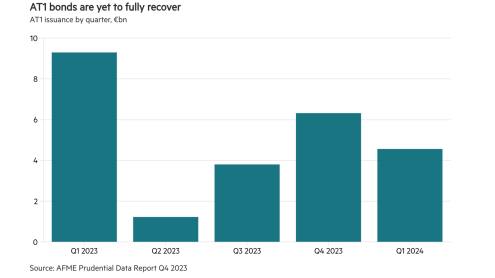Poland’s banks have navigated the Covid-19 pandemic reasonably well on the back of generous government support, which has limited the impact on the economy and labour market.
A key risk, however, is mounting litigation related to foreign currency legacy mortgage loans.
Polish banks have about $26bn-worth of mortgages tied to the Swiss franc on their books, which were issued in the 2000s after the country joined the EU. A large numbers of Polish borrowers took out mortgages in Swiss francs to take advantage of low Swiss interest rates, only to face much higher costs when the value of the Polish zloty slumped.
These problem loans made up about 20% of total retail mortgage loans as of December 2020, according to S&P Global.
A European Court of Justice ruling in 2019 allowed borrowers to ask Polish courts to convert their mortgages into Polish zlotys, sparking thousands of individual cases. Earlier this month, Poland’s Supreme Court delayed issuing guidance on how to address the problem.
The deadlock hit profitability at Polish banks last year on top of the fallout from the pandemic. Poland’s largest bank by Tier 1 capital, PKO Bank Polski, remains heavily exposed and reportedly plans to set aside $1.7bn to address the problem. The bank saw pre-tax profits slump 109% last year as it recorded a $170m loss.
Rival lenders Santander Bank Polska saw pre-tax profits fall 35% to $660m last year, while mBank saw a 43% drop in profits to $303m. Bank Pekao, meanwhile, saw pre-tax profits drop 33% in 2020 to $634m.
Trends identified using The Banker Database, an online database providing comprehensive financial data and insight for 4,000 of the world's leading banks in 190 countries. Contact us.











